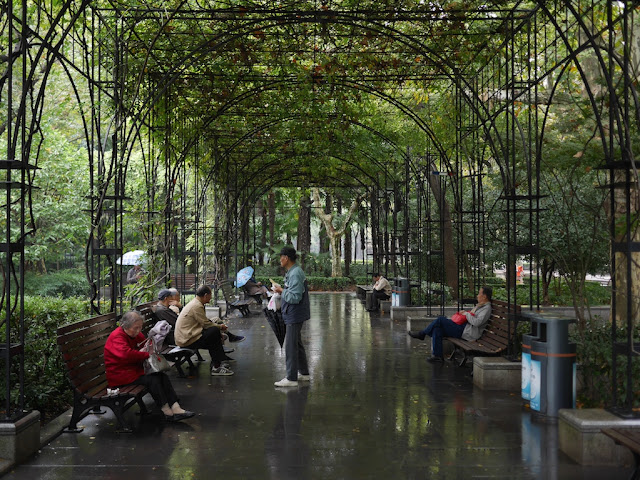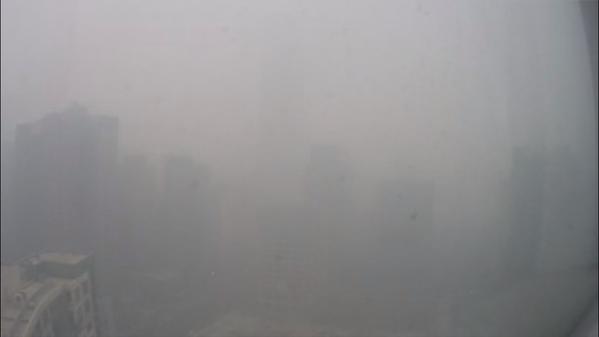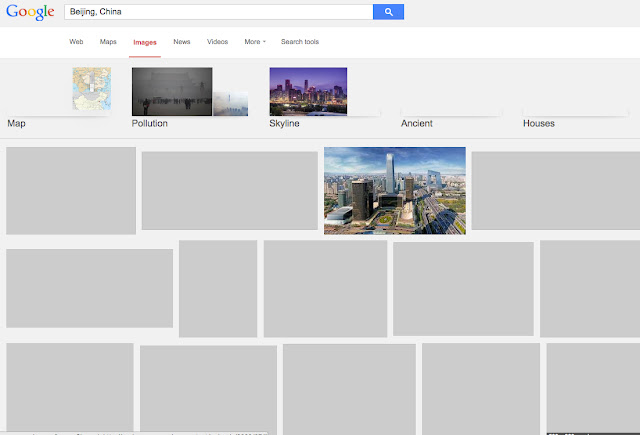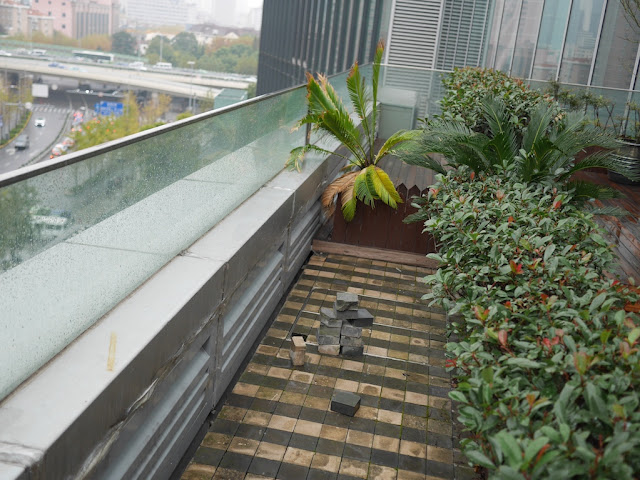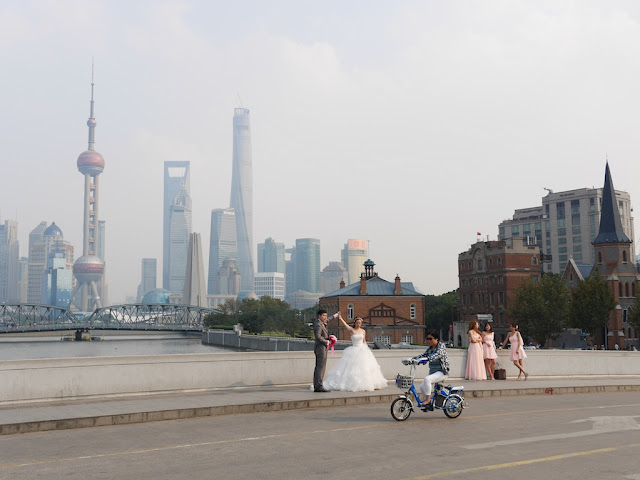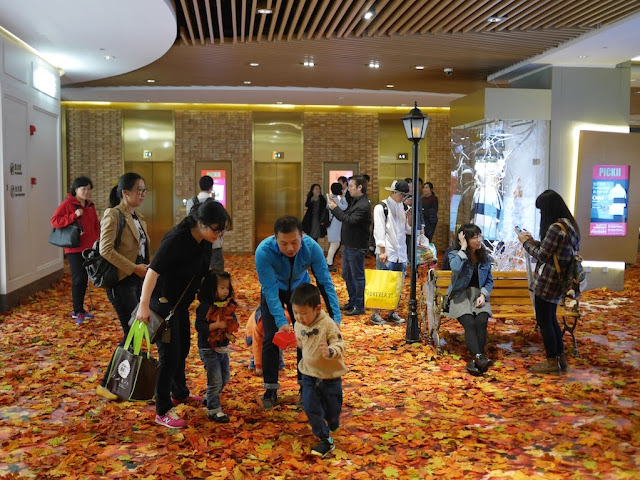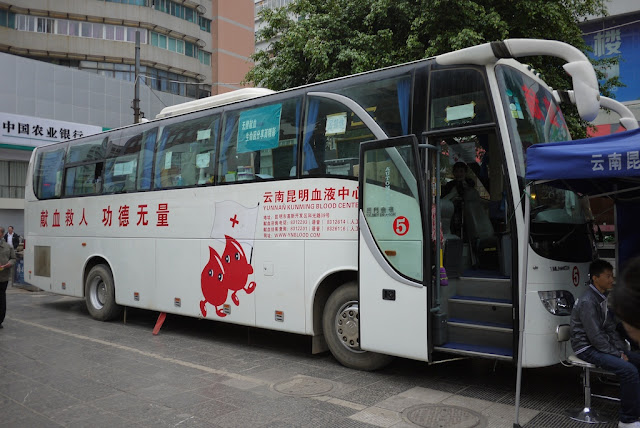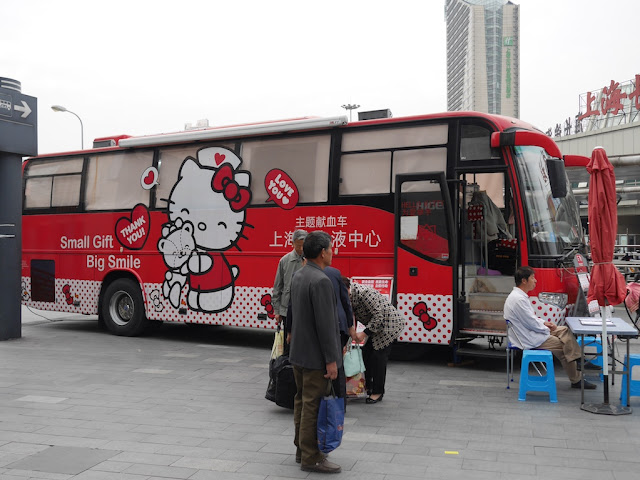Several months ago in a deep look at the European Union's online "right to be forgotten", Jeffrey Toobin described what put it into place:
However, this is essentially what the E.U. now expects in regards to its "right to be forgotten". Mike Masnik sums up a key aspect of the new guidelines:
In general, the related issues I've been pondering fall into two categories: 1) the merits and practicality of the "right to be forgotten" and 2) the E.U.'s apparent attempt to unilaterally apply it globally. I will have more to say about both later and will end this post with a question related to China which feels somewhat surreal to even have to ask.
Is it simply a matter of time until the E.U. demands a Chinese online search service accessible in Europe, such as Baidu, selectively "forget" something?
In other words, could the E.U. cause even more censorship in China?
In 1998, a Spanish newspaper called La Vanguardia published two small notices stating that certain property owned by a lawyer named Mario Costeja González was going to be auctioned to pay off his debts. Costeja cleared up the financial difficulties, but the newspaper records continued to surface whenever anyone Googled his name. In 2010, Costeja went to Spanish authorities to demand that the newspaper remove the items from its Web site and that Google remove the links from searches for his name. The Spanish Data Protection Agency, which is the local representative of a Continent-wide network of computer-privacy regulators, denied the claim against La Vanguardia but granted the claim against Google. This spring, the European Court of Justice, which operates as a kind of Supreme Court for the twenty-eight members of the European Union, affirmed the Spanish agency’s decisions. La Vanguardia could leave the Costeja items up on its Web site, but Google was prohibited from linking to them on any searches relating to Costeja’s name. The Court went on to say, in a broadly worded directive, that all individuals in the countries within its jurisdiction had the right to prohibit Google from linking to items that were “inadequate, irrelevant or no longer relevant, or excessive in relation to the purposes for which they were processed and in the light of the time that has elapsed.”As a recent press release clarifies, the ruling doesn't require the complete removal of applicable links:
The judgment expressly states that the right only affects the results obtained from searches made on the basis of a person’s name and does not require deletion of the link from the indexes of the search engine altogether. That is, the original information will still be accessible using other search terms, or by direct access to the source.Google has since complied by censoring search results on a case by case basis only on its relevant European websites, such as Google.de for Germany. The "localization" of the censorship is similar to how Google once censored, and Bing continues to censor, search results for China — censorship specific to China's regulations only occurred/occurs on their China-based services. There would be an incredible outcry in places such as the U.S. and Europe had China insisted on their censorship rules applying elsewhere.
However, this is essentially what the E.U. now expects in regards to its "right to be forgotten". Mike Masnik sums up a key aspect of the new guidelines:
Specifically, it argues that if a person's privacy rights are violated by having results show up in search engines in Europe, then those same rights are violated if they show up in any non-EU search results as well (all emphasis in the original):Even if Google could address the E.U.'s concern by limiting E.U. users to local versions of Google or by censoring across all domains only for requests coming from the EU, either of these methods would likely be easily circumventable through use of a VPN, similar to how VPNs are used in China to access blocked websites. So, even though .com domains are specifically mentioned, it's hard to see how Masnik's summary for the guidelines, "E.U. regulations apply around the globe online", isn't accurate in the end since the search service providers are expected to guarantee "effective and complete protection".
The [data protection working group] considers that in order to give full effect to the data subject’s rights as defined in the Court’s ruling, de-listing decisions must be implemented in such a way that they guarantee the effective and complete protection of data subjects’ rights and that EU law cannot be circumvented. In that sense, limiting de-listing to EU domains on the grounds that users tend to access search engines via their national domains cannot be considered a sufficient means to satisfactorily guarantee the rights of data subjects according to the ruling. In practice, this means that in any case de-listing should also be effective on all relevant .com domains.The key line here is not actually bolded in the original. It's the "this means that in any case de-listing should also be effective on all relevant .com domains." Basically, if it can be reached from Europe, it has to be blocked. Or, in even shorter form, "EU regulations apply around the globe online."
Under EU law, everyone has a right to data protection.
In general, the related issues I've been pondering fall into two categories: 1) the merits and practicality of the "right to be forgotten" and 2) the E.U.'s apparent attempt to unilaterally apply it globally. I will have more to say about both later and will end this post with a question related to China which feels somewhat surreal to even have to ask.
Is it simply a matter of time until the E.U. demands a Chinese online search service accessible in Europe, such as Baidu, selectively "forget" something?
In other words, could the E.U. cause even more censorship in China?


